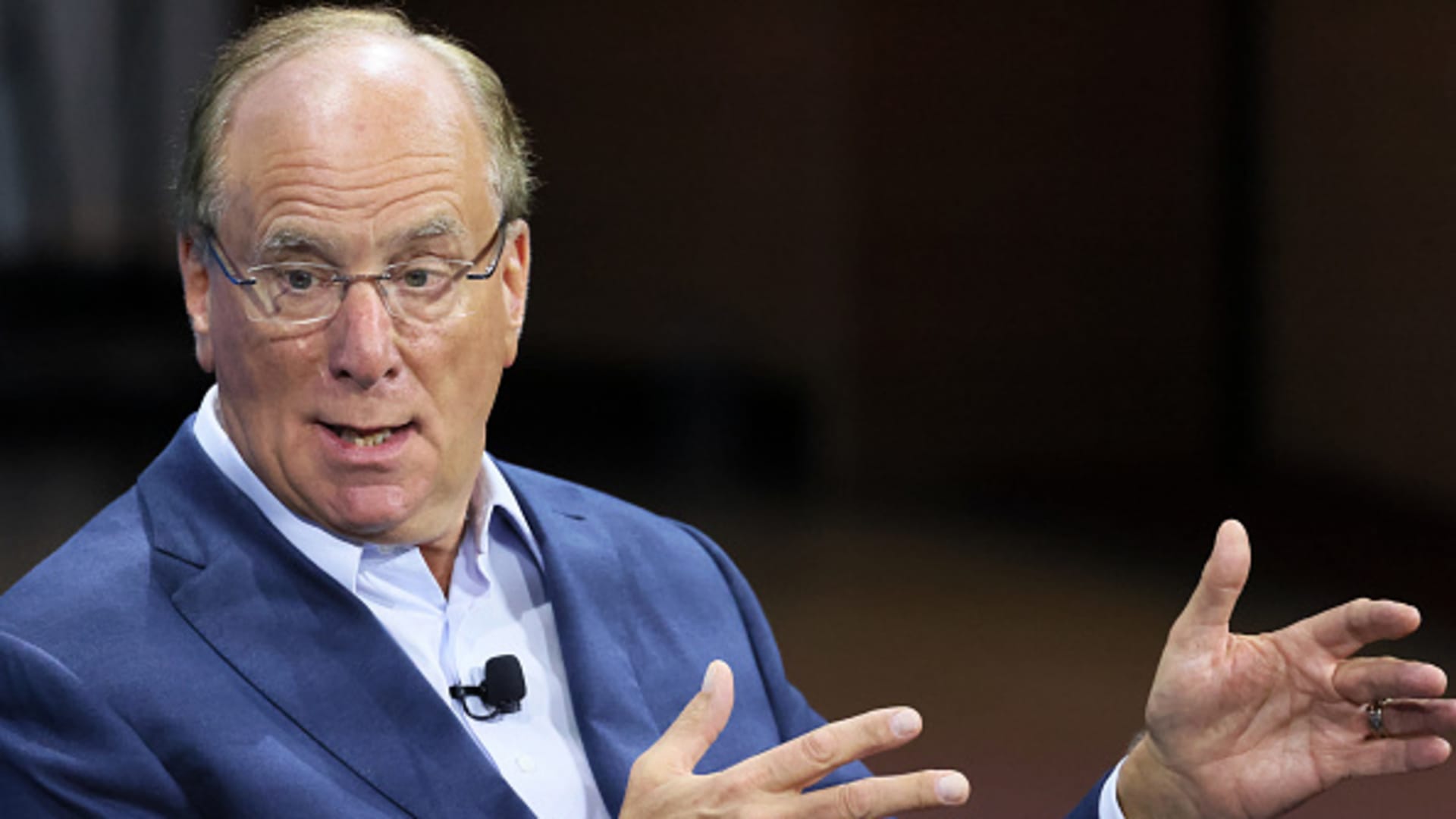
BlackRock CEO Larry Fink issued a somber warning on the state of the financial markets, saying the banking crisis brought on by the collapse of Silicon Valley Bank could spread, but it was too early to determine. “We don’t know yet whether the consequences of easy money and regulatory changes will cascade throughout the U.S. regional banking sector (akin to the S & L Crisis) with more seizures and shutdowns coming,” Fink said in his annual chairman letter to investors. The CEO of the world’s largest asset manager said the demise of Silicon Valley Bank — the second-largest bank failure in U.S. history — is a classic asset-liability mismatch, meaning a bank does not have enough readily available assets to sell to match the value of its deposits. The collapse of SVB and Signature Bank prompted extraordinary rescue action from regulators, who backstopped all deposits in the failed lenders and provided an additional funding facility for troubled banks. Fink said it now seems “inevitable” that some banks will need to pull back on lending to shore up their balance sheets, and there might be stricter capital standards for banks going forward. “It’s too early to know how widespread the damage is. The regulatory response has so far been swift, and decisive actions have helped stave off contagion risks. But markets remain on edge. Will asset-liability mismatches be the second domino to fall?” Fink wrote. The financial sector continued to be under pressure Wednesday and concerns have spread beyond regional banks. Shares of Credit Suisse, a Swiss Bank that has large U.S. and global operations, tumbled more than 20% to another all-time low. Saudi National Bank, Credit Suisse’s largest investor, reportedly said it could not provide any more funding. The first domino to fall on the back of years of easy money is surging inflation, which caused the Federal Reserve to raise interest rates by nearly 500 basis points since a year ago, Fink said. “These dramatic changes in financial markets are happening at the same time as equally dramatic changes in the landscape of the global economy – all of which will keep inflation elevated for longer,” Fink said.